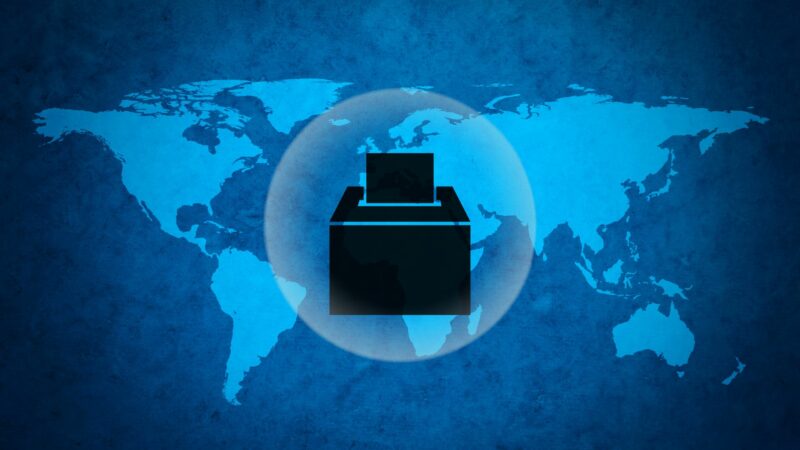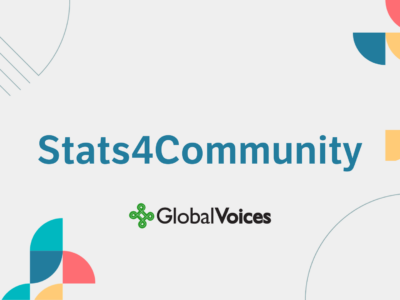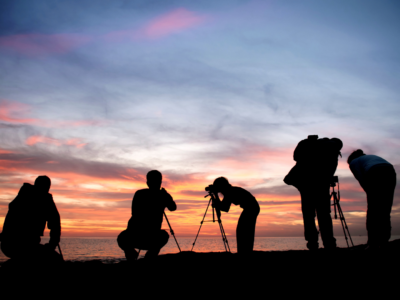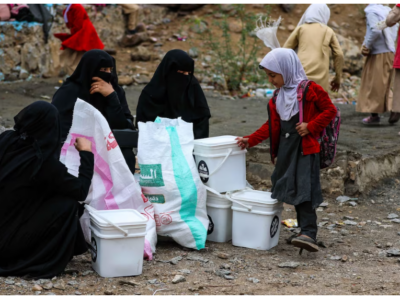
Image via Canva pro courtesy of Sydney Allen
In 2024, it is estimated that over 3 billion people will head to the polls, meaning this will be a major year on the path of international relations, democracy, and voter rights. Given the numerous crucial elections that will take place, we decided to publish a set of guidelines and tips on how to cover elections in a GV way.
Because many of this year’s elections are undoubtedly pivotal, some may be getting an extensive amount of media coverage. We want to make sure our newsroom covers these elections in an intersectional, unique way that highlights the creative and international perspective we can bring to our stories. What we are not interested in is publishing bare-bones recaps about who is running, what they stand for, etc. We want our election stories to go deeper and provide more political and cultural context. Find some tips and questions to consider before, during, and after an election, see our guidelines below.
Calendar of elections
Recent GV coverage as reference
Articles:
Young voters share demands ahead of Indonesian elections
Georgia's infamous former Prime Minister returns to politics
‘The will of the Chinese people’: Beijing's narrative of invading Taiwan
Bangladesh is heading for a one-sided general election
Online attacks on presidential candidates in Venezuela have a distinct gendered angle, study shows
Special Coverages:
Indonesia: Elections and democracy
Taiwan: Caught between war and peace
What will the ‘New Uzbekistan’ look like?
Previous GV election projects: https://voiceswithoutvotes.org/
Questions to consider when writing a GV election story:
Before
Who votes, who doesn’t, and how, legal and technical framework
- Who gets to vote and who doesn’t? And how can you vote from abroad?
- Do rural people have access to voting stations and how does their vote differ from urban centers?
- Language diversity and elections: What languages dominate and why? Is there info in minority languages? What about previous elections?
- Which groups are systemically overlooked?
- Are any groups abstaining or have any been excluded by legal developments? Why? What is the larger context of that?
- Is voting in XX country compulsory?
Who/what influences the vote (domestic, international, natural events, pandemics)
- Are there any people/companies that have been important in this election?
- Are art, music, fashion, or performances, as well as cinema figures, being utilized in the campaign at all?
- Who are the foreign players who have tried/succeeded in influencing this election (countries, former colonial powers, companies, industries)?
- Does the diaspora play a role? How?
- Are there outside factors (football outcomes, bribing, geopolitical info, demographics) that influence this country’s elections?
Recent history of the voting process
- What patterns have historically shown up around elections?
- Does this election/political scene need an explainer to add additional context?
- Is voting in XX country compulsory?
- Has the electoral system been changed before the elections? If yes, how and why?
Landscape of parties, candidates and issues
- Is gender/harassment a major factor in this election? (Including gender of candidates and voters)
- What are the real issues at play (not always the ones most discussed in campaigns)?
- What are the main and favored parties (in case of parliamentary elections)? What is the history behind them? Is it a two-party system like in the US or multi-party? What are the new parties and whom do they represent?
- What measures has the ruling party taken before the elections to maximize their chances of winning the elections?
- Are electoral institutions working according to the law? Have they historically done so?
Narratives
- Why do some politicians only think about people on the eve of elections?
- Why don't all candidates have the same chance to appear on national TV channels before the elections?
- How can we report on false promises given right before elections and follow up?
- How can we integrate fact-checking services, which take time to analyze things like promises and reporting?
- Some of them have verified the mere plausibility of promises, whether it is possible to resolve them. Maybe we could do an interview with people from fact-checking services, to learn if the promises are unfulfillable.
- Rather than interviews, working with partners to help them create “GV Format” content.
- Crowdsourcing: We should also reach out to the larger community of GV, including dormant authors, to ask them for photos. Even if it’s just images of political billboards, it gives us CC content for our posts
- How can our archives best be utilized to contextualize and explain this election?
During/After
Election ethics
- Who are enlisted as independent monitors? Are there any who have been denied registry as monitoring staff?
- Is the election working according to the law? The letter or the spirit?
- Was there any international interference or tampering?
Voting Accessibility
- What is voter turnout like? If it is low, why? Or high, what are people turning out for?
- On the day of, can people actually access the polls? Are there technological or wait-time issues? Are there physical things that prevent access, like goons from one group or another blocking access to the voting center?
- Is there some kind of boycott or protest happening? Why?
Reactions
- What were the reactions to the vote, domestically and internationally?
- Will there be a peaceful transition? Are there any last-minute issues the previous government is pushing?
- How big is the difference between exit polls and actual final election results?
- Were there post-election protests? What was the outcome?
- What were the reactions of long-term election monitoring processes that released their information weeks after? Was there impunity, legal ramifications, or other?
Potential impact
- What is the impact of the election on society in the short and long term
- Could this mean a future change in the election law
Technology and misinformation
- Is AI being used at all in this election?
- Was the digitalization of elections a solution and/or problem for certain groups?
- Were there issues of surveillance or data collection, tracking people, and verifying identities?
- What is disinformation and misinformation around the election? What narratives do they tell? Who do those narratives benefit, and why? Are any of those narratives transnational (e.g. used by other countries)?
- Was the voting system questioned? E.g. electronic/paper voting — is the country studying a shift of voting systems?
- Was social media utilized to target/harass any candidates or parties?



